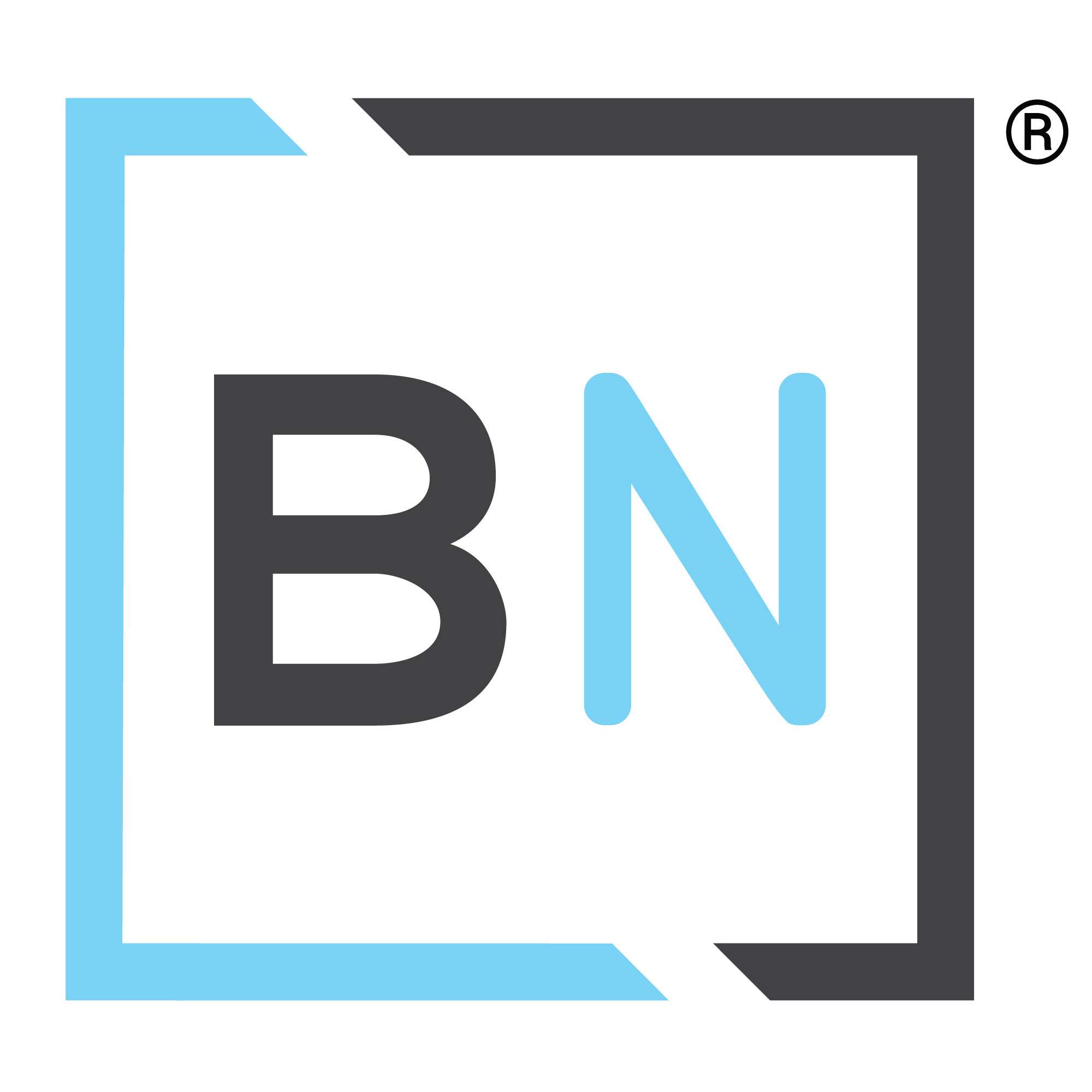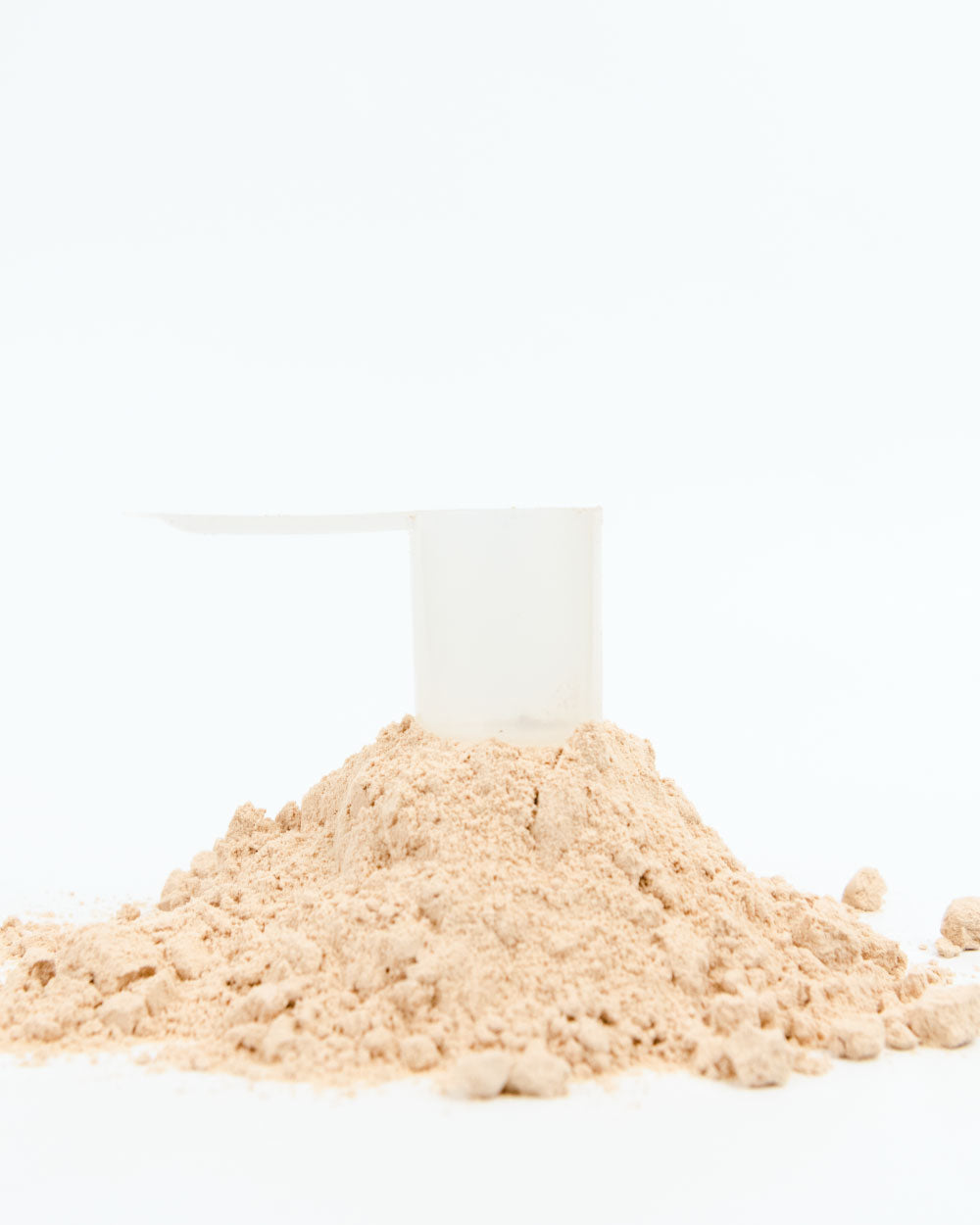Okay so here’s the scoop (see what we did there) on why protein is important, but before we dive too deep, let’s first break down what protein is!
What is Protein?
Bear with us, we may have to get a little scientific on you here for a moment, but this is important. Our bodies are made up of THOUSANDS of different proteins, which can be broken down into amino acids. Also referred to as the “building blocks of proteins,” these amino acids are needed by the body for numerous vital processes, including:
- Building and repairing muscles, tissues, organs, bones, cartilage, and skin.
- Optimizing and regulating hormone production, including testosterone, estrogen, and progesterone. Think of hormones as messengers. They communicate and deliver messages through the body.
- Producing enzymes that can aid in digestion (breaking down your food), producing energy, muscle contractions, metabolism, and much more.
- Transporting hemoglobin that carries oxygen and nutrients throughout the body.
- Improving immune function by creating new cells and antibodies that build up your body’s defenses against colds, germs, bacteria, and other illnesses.
As you can see, protein plays an important role in our bodies!
What are the Benefits of Protein?
Outside of the processes listed above, protein has several other incredible benefits! Protein can help:
- Curb cravings
- Build and maintain muscle mass
- Increase satiety (help you feel fuller for longer periods of time)
- Help your body repair after workouts and other injuries
- Aid in weight management
- Support your immune system
- Improve metabolic rate
.. and that’s just to name a few. The health benefits of consuming the proper amount of protein for your body are many, but those are some of the most noteworthy!
Why is Protein Important?
This brings us to the question of the day: WHY is protein important? We would not be who we are today without proteins. Our bodies are composed of proteins and are necessary for many important functions within the body.
If you are not consuming enough protein, this deficiency can lead to numerous health consequences such as:
- Compromised immune system. You’ll find your body won’t be able to defend itself against germs, bacteria, and other illnesses.
- Brittle hair and nails. Both are primarily built from keratin (a type of protein); therefore, if you're not consuming enough protein, they will become damaged.
- Increased appetite. You’ll find yourself not feeling as full or satisfied after eating or you’ll feel hungrier more often. Protein is the macronutrient that helps with satiety (the feeling of being full). If you aren’t consuming enough protein, the body will release hunger signals that urge you to eat.
- Loss of muscle mass. Protein is essential for muscle growth and maintenance. If dietary protein is in short supply, your body will look elsewhere (within the body) to pull it from. Generally, it’s first look is at your juicy muscles.
- Wounds and injuries may take longer to repair without proper protein intake. Just like your immunity, your body’s ability to heal and rebuild new cells/tissues/skin will also take a hit.
These are just a handful of the negative effects you may notice from a lack of protein. You could also experience: swelling of the extremities, nutrient malabsorption, anemia, and brain fog. I think it’s safe to say that not consuming enough protein is something to avoid.
How Much Protein Should I be Consuming?
At this point, you’re probably asking yourself: “Okay I know what protein is, why it’s important, and the benefits, but HOW do I know how much I need to be consuming?”
Not everyone needs the same amount of protein. The amount of protein YOU need depends on several factors such as body weight, age, height, muscle mass, your activity level, etc. We made things easy for you! If you are unsure of what your needs are and want help determining how much protein you should be consuming, click here. Sarah Bowmar will be able to assist you in determining the protein requirement for YOUR body.
Where Do You Find Protein?
Protein can be found in an abundance of foods, but here are a few that are high in protein and excellent additions to your diet:
- Chicken (or other poultry sources such as duck and turkey)
- Eggs
- Some Dairy (such as greek yogurt, milk, cheese)
- Red Meat (i.e. beef or pork)
- Whole Grains (quinoa, rice, and oats are great options)
- Veggies (not all veggies are higher in protein, but broccoli, asparagus, and brussel sprouts all have a higher protein content)
- Fish
- Nuts or Nut Spreads
- Legumes
- Deli Meats and Other Meat Snacks (APEX)
Oftentimes people struggle to consume enough protein; I mean let’s be honest.. carbs and fats are easier to come by and tend to be yummier to eat. This is why we created our protein powders. Not only are they a convenient source of protein, but they’re also absolutely delish! With over 13 flavors to choose from, you most definitely will be able to find something you enjoy.
The Bottom Line:
We hope you have a better understanding of what protein is and why it’s important! It’s a key part of any diet and should be consumed in an ample amount, for your body of course. To stay healthy and keep your body functioning the way it should, EAT YOUR PROTEIN!



Share:
Gym Bag Essentials
Protein Puppy Chow